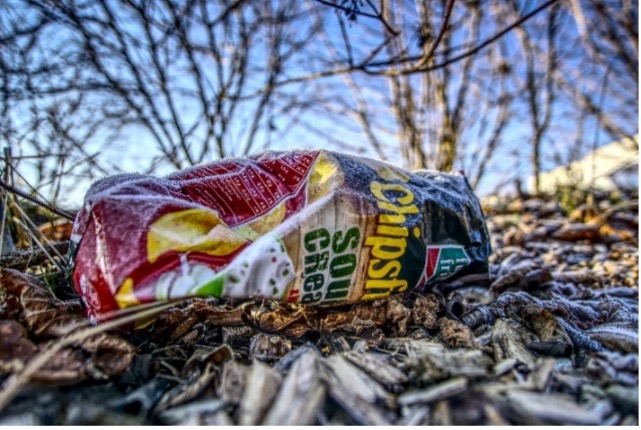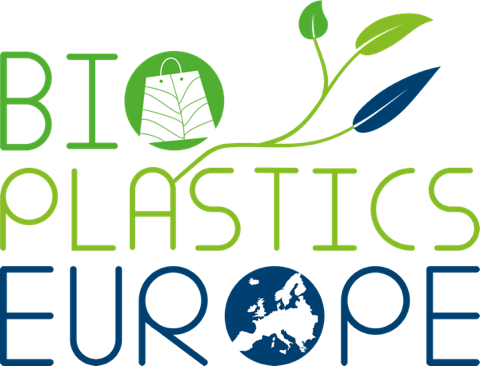Impacts of plastics on terrestrial ecosystem
By Ewa Liwarska-Bizukojc, Lodz University of Technology, Poland

Image: Crisps package disposed in the environ-ment. Image by Markus Distelrath from Pixabay.
Plastics are one of the most ubiquitous pollutants in the environment nowadays. Almost one third of improperly disposed plastic waste might end up on land, including in agricultural soils. As a result, even more plastic particles might be stored in soils compared to oceanic basins. Plastics in surface water are more visible, and thus they draw more of our attention, but at the same time, plastic particles accumulated in the soil threaten the entire terrestrial ecosystems, i.e. both the living organisms and its non-living parts. Thus, in the BIO-PLASTICS EUROPE project the effect of plastics on soil organisms is studied.
Plastics contribute to changes in the chemical composition of soil, changing its physical properties and affecting processes such as pore space, capillarity, wetting processes, bulk density, soil moisture, evaporation and evapotranspiration. Plastics in soil also influence water saturation and transformation, which may disturb the water cycle. Their presence increases the rate of soil water evaporation by forming channels for water movement. This ultimately leads to soil dryness, harming plant germination and growth.
Plastics are able to adsorb hazardous contaminants, including toxic organic chemicals, heavy metals (e.g. zinc, lead), and antibiotics such as amoxicillin and tetracycline. This poses greater threats to the ecosystems, particularly to its living organisms. Plastic micro- and nanoparticles can be accumulated in earthworm intestines and then transferred into the food chain.
Finally, the fate and behaviour of plastic particles on land depend on many factors that can be divided into three groups: (1) soil properties, (2) plastics properties including their susceptibility to biodegradation, and (3) climate and weather conditions. The bottom line is: plastic pollution of soil causes harmful impacts to the terrestrial ecosystems. For this reason, the proper management of plas-tic post-consumer waste is extremely important for all of us.


